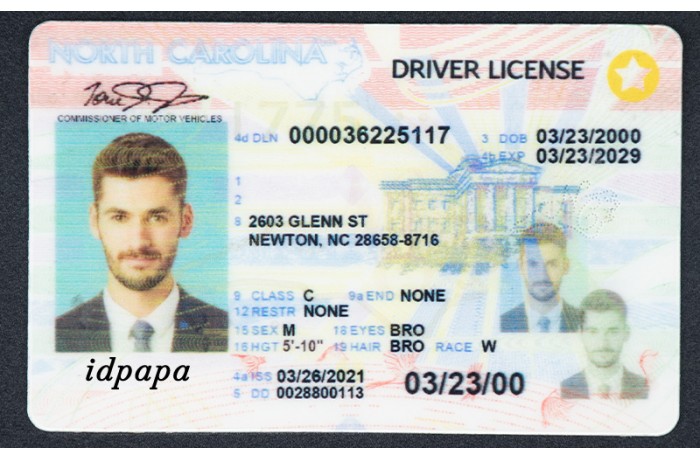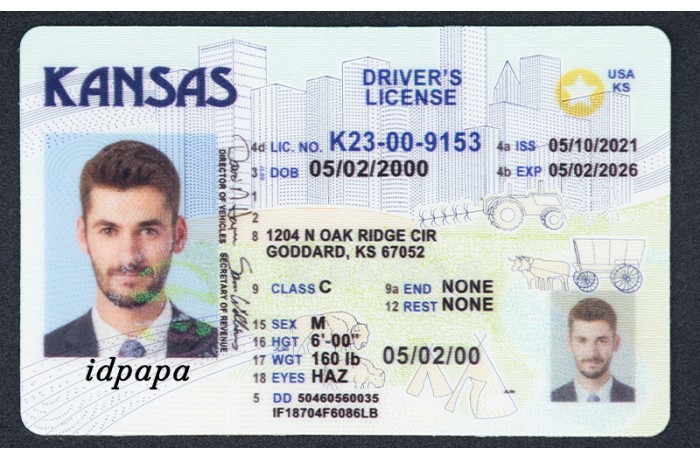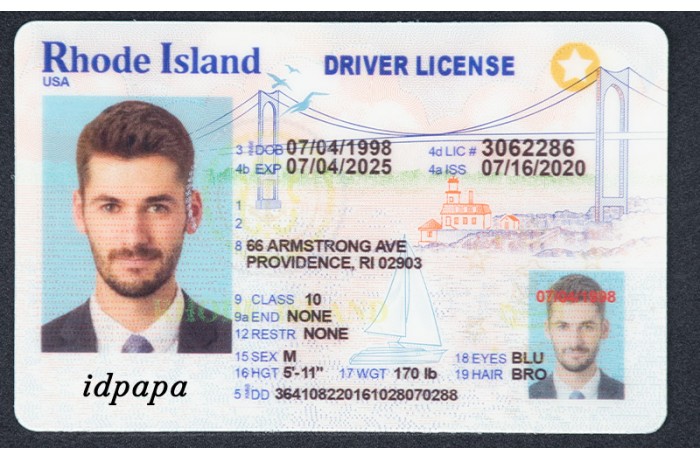How Cryptocurrency Fuels Anonymous Fake ID Purchases
How Cryptocurrency Fuels Anonymous Fake ID Purchases

In recent years, the rise of cryptocurrencies has brought numerous technological and financial innovations, but it has also enabled new avenues for illegal activities, including the anonymous purchase of fake IDs. Cryptocurrencies like Bitcoin, Ethereum, and Monero offer levels of anonymity and privacy not available with traditional banking systems, making them attractive for those seeking to operate outside the law. This blog delves into how cryptocurrency is being used to fuel anonymous fake ID purchases and what implications this has for law enforcement and regulatory measures.
The Allure of Cryptocurrency for Anonymous Transactions
Cryptocurrencies operate on decentralized networks using blockchain technology, which allows transactions to be conducted without the need for a central verifying authority, such as a bank. This aspect of cryptocurrency is particularly appealing for those involved in illicit activities, including the production and sale of fake IDs. Transactions done using cryptocurrencies can be difficult to trace back to an individual, especially with coins like Monero, which are designed to be completely anonymous.
For vendors of fake IDs, cryptocurrencies provide a convenient and relatively safe method to accept payments without exposing their identity or location. Websites operating in the darker corners of the internet, such as Tor-accessible dark web markets, often list cryptocurrencies as the preferred method of payment, citing privacy and security as key benefits.

Challenges for Regulation and Law Enforcement
The use of cryptocurrency to purchase fake IDs presents significant challenges for law enforcement agencies. Traditional methods of tracking financial transactions involve monitoring bank accounts and credit card activity; however, the anonymous nature of cryptocurrencies means that such techniques are not effective in these cases. This anonymity complicates efforts to shut down illegal fake ID operations and prosecute those behind them.
In response, law enforcement agencies and regulatory bodies have started to develop new tools and methods to monitor cryptocurrency transactions. These include blockchain analysis techniques that can sometimes identify “clusters” of related transactions or wallets, potentially linking them back to illegal activities. However, the constantly evolving nature of cryptocurrency technology makes it a persistent game of cat and mouse.

Implications for Society and Policy
The facilitation of anonymous fake ID Blogs purchases by cryptocurrencies poses broad implications for society, especially in terms of security and fraud. Fake IDs can be used for a variety of purposes, from underage individuals attempting to purchase alcohol to more serious crimes like identity theft and financial fraud. The ability to purchase such IDs anonymously over the internet with cryptocurrency significantly lowers the barrier to committing these crimes.
To address these challenges, there is a growing call for international cooperation and regulation of cryptocurrency transactions. Proposals include the implementation of "Know Your Customer" (KYC) protocols at exchanges and wallet services, requiring users to verify their identity. While such measures could reduce the anonymity of cryptocurrencies, they also raise privacy concerns among legitimate users.
Wrap Up
As the digital landscape continues to evolve, the interplay between anonymity, technology, and law enforcement becomes increasingly complex. Cryptocurrencies, while innovative and empowering, offer tools that can serve both the lawful and the unlawful. Balancing the benefits of these digital assets while curbing their use for activities like the purchase of fake IDs Reviews requires thoughtful regulation and continuous technological advancement from law enforcement. The road ahead is undoubtedly challenging but necessary to ensure the potential of cryptocurrencies can be harnessed without compromising security and legality.


